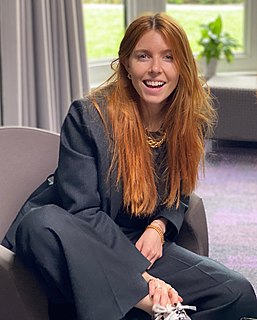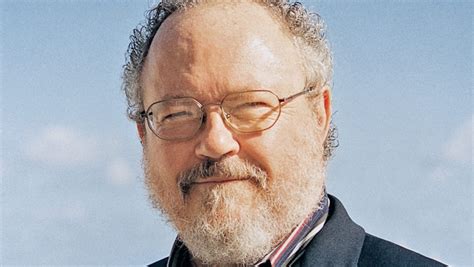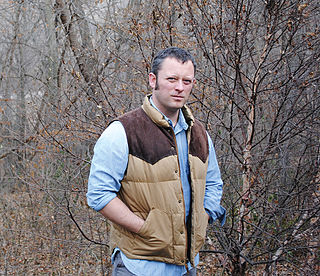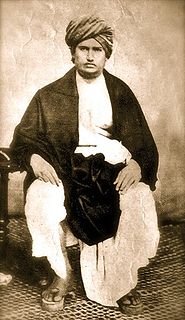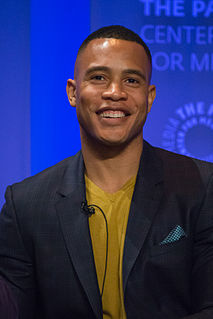Top 1200 Empathy And Understanding Quotes & Sayings
Explore popular Empathy And Understanding quotes.
Last updated on November 15, 2024.
In empathy, you don't speak at all. You speak with the eyes. You speak with your body. If you say any words at all, it's because you are not sure you are with the person. So you may say some words. But the words are not empathy. Empathy is when the other person feels the connection with what's alive in you.
Empathy is a human trait. But lots of humans exercise some traits more energetically than others. By "the usefulness of empathy" I mean the way in which a progressive might claim that empathy is a crucial aspect of any benign political system, and the way a conservative might argue that not only is it not necessary, but it might not even be all that helpful, in that regard.
Empathy occurs when we suspend our single-minded focus of attention and instead adopt a double-minded foucus of attention. When our attention lapses into single focus, empathy has been turned off. When we shift our attention to dual focus empathy has been turned on. Empathy is our ability to identify what someone else is thinking or feeling and to respond to there thought or feelings with an approriate emotion. Empathy makes the other person feel valued, enabling them to feel that their thoughts and feelings have been heard.
Normal people have an incredible lack of empathy. They have good emotional empathy, but they don't have much empathy for the autistic kid who is screaming at the baseball game because he can't stand the sensory overload. Or the autistic kid having a meltdown in the school cafeteria because there's too much stimulation.
For the most part, people use "empathy" to mean everything good. For instance, many medical schools have courses in empathy. But if you look at what they mean, they just want medical students to be nicer to their patients, to listen to them, to respect them, to understand them. What's not to like? If they were really teaching empathy, then I'd say there is a world of problems there.




